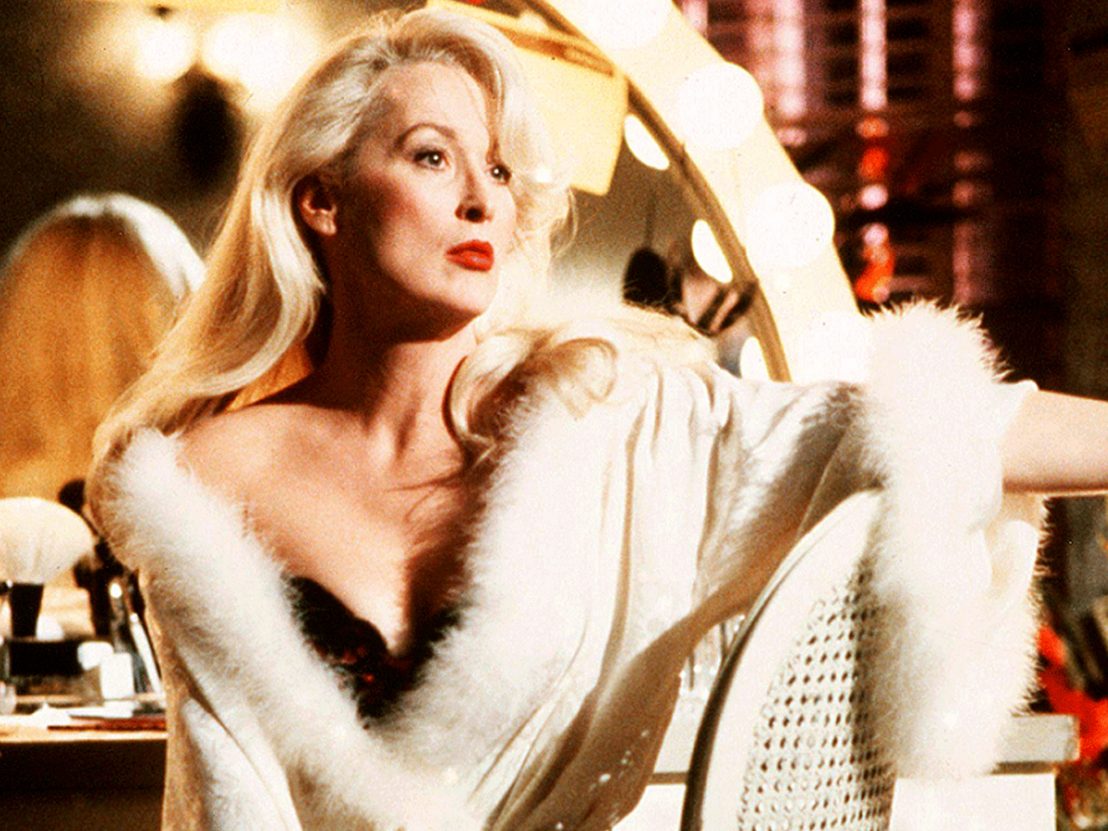
At the start of her acceptance speech at this year’s Golden Globes, where she received the Cecil B DeMille Award for her outstanding contribution to cinema, Meryl Streep passionately suggested that, “an actor’s only job is to enter the lives of people who are different from us, and to let you feel what that feels like.” It may sound like standard actor speak, yet few people in Hollywood are better positioned to tell it like it is than Streep. During her 46 years on screen, Streep has portrayed an incredible variety of characters, and all of us can find someone to relate to in her remarkable repertoire. Here are five of our favourite performances from an actor like no other.
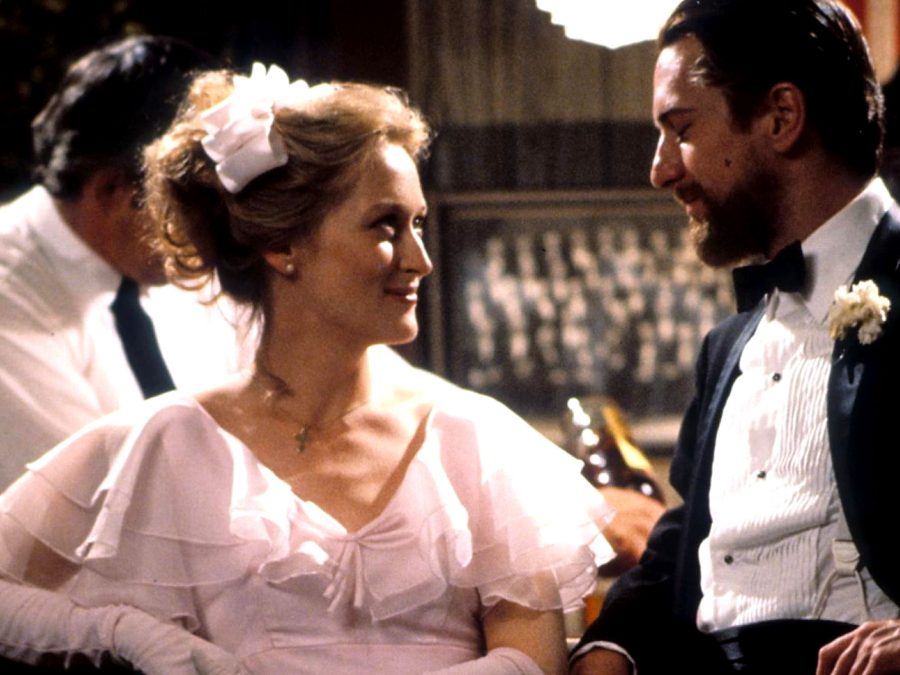
Streep’s breakthrough performance in Michael Cimino’s The Deer Hunter – which she took on to be close to her then-partner John Cazale, who was acting in the film and succumbing to cancer – already demonstrates her ability to not only impersonate just about anyone, but also give depth to even the smallest part. As smalltown Pennsylvania girl Linda, Streep combines a strong accent with clumsy mannerisms characteristic of a young woman whose life is defined by her local community. Everyone knows each other in Clairton, and Linda has almost nothing to hide: when bowling with the group, Streep’s laughter is generous and her utter failure at throwing the ball is genuine slapstick gold.
Yet Streep also understands the complexity of this woman. Linda is at once liberated from her drunk, violent father and confused by her feelings towards Michael (Robert De Niro), the best friend of her boyfriend, Nick (Christopher Walken). When dancing with Nick at a friend’s wedding, she cannot help but stare at Michael, at first with surprise and then concern, amusement and excitement, before running away to hide her attraction. Later, at Nick’s funeral, she tries to hide her complete joy at being reunited with Michael, offering a simple show of gratitude that he has survived the war. She knows that her true feelings are inappropriate, but she desperately needs Michael to perceive them. And so, bashfully, Streep looks up at De Niro, smiling through her tears.
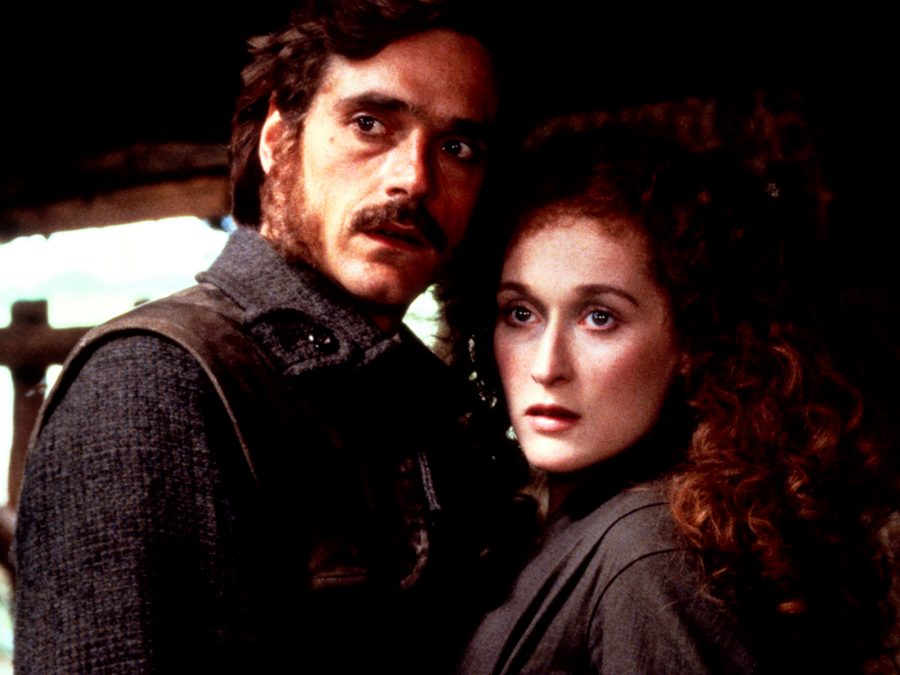
Streep’s performance – or rather performances – in The French Lieutenant’s Woman is a perfect demonstration of an idea she expressed in her Golden Globes speech: acting as empathy. She plays Anna, an actress who interprets the character of Sarah in a romantic British period film, and who finds herself transformed by the experience: identifying with the character she portrays, Anna reflects on her own love affair and eventually finds the strength to take action. As Sarah, Streep adopts an exaggerated, borderline camp British accent. The character is indeed typical melodrama material: heartbroken and rejected by society, she has been hiding her shame for so long that she has come to embrace it completely.
Unlike Linda in The Deer Hunter, Sarah is rarely unsure of her feelings and her expression remains resolute. Streep’s eyes become unreadable, stuck in a hard and heart-breaking coldness. When Charles (Jeremy Irons) shows his love for her, he challenges her conviction that she is unworthy of affection. Yet the cracks he creates in her mask of resignation only reveal a deeper, sharper agony. Streep’s ice-cold certainty transforms into a physical manifestation of powerlessness – collapsing into his arms, Sarah appears incapable of dealing with her love for Charles.
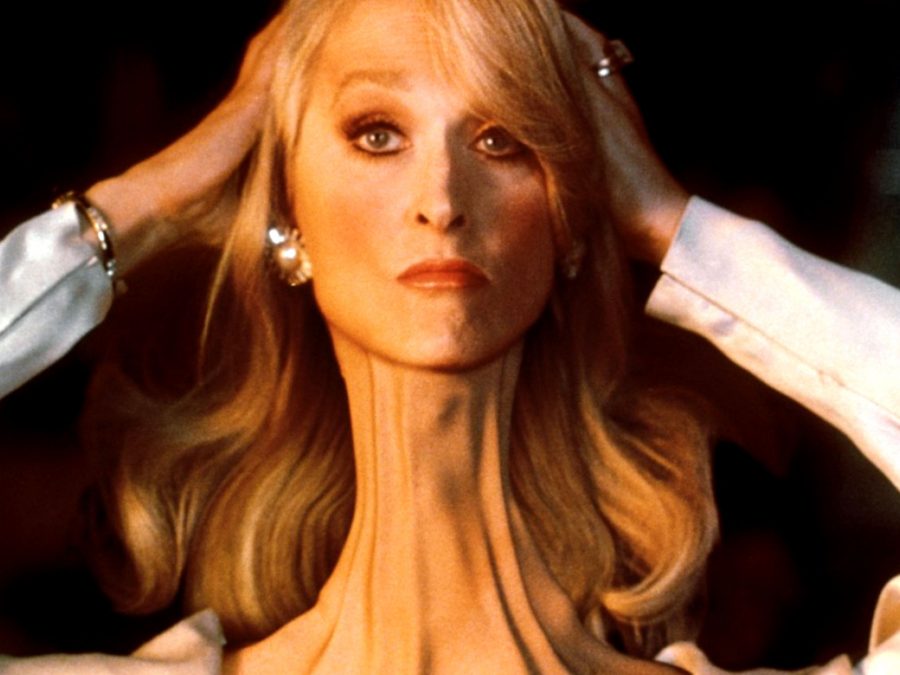
Streep has always possessed the talent to flesh out even the most cliched characters. Yet playing the devilish Madeline Ashton in Death Becomes Her was a bold decision even by Streep’s standards. A dark comedy that satirises the film industry’s endless search for younger flesh, it sees a then 43-year-old Streep make a mockery of Hollywood – not only does she look fantastic, but her acting talent far exceeds that of her younger peers. Madeline is a deeply unlikable character and Streep shamelessly adopts the most unflattering expressions, never shying away from ridicule: soaked by rain and tears and screaming upon seeing her face in a mirror, she is a far cry from the glamorous Hollywood star she sees herself as.
Yet instead of being simply hysterical, Streep works on several registers to portray the various facades Madeline puts on to get her way. With perfect comic timing, she quickly switches her expressions depending on who she wants to take advantage of: her pathetic husband, Ernest (Bruce Willis), or her late frenemy, Helen (Goldie Hawn). When she narrows her eyes seductively, she becomes a perfect femme fatale. Adding in a smile, she turns into the over enthusiastic friend, transforming her face with ease but not without showing her character’s hilariously exhausting thought process. Even the most savage cruelty can be enjoyable when the acting is as good as this.
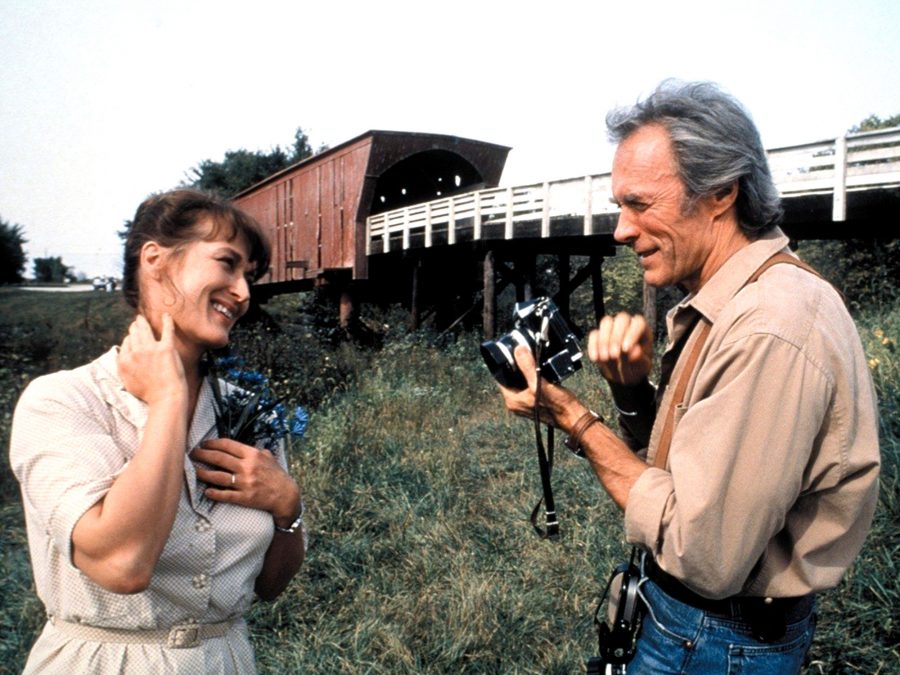
Thanks to a combination of luck, intelligent choices and talent, Streep moved into the middle-age phase of her career more seamlessly than most. The parts she landed from her forties onwards never required of her to look as young as she used to, but instead relied on her maturity. Streep mixes Italian and Midwestern accents in Clint Eastwood’s tear-jerking masterpiece, The Bridges of Madison County, to portray Francesca, who emigrated to Indiana to be with an American soldier. The homesickness and unhappiness she barely acknowledges translates into the awkward rhythm of Streep’s movements as Francesca keeps falling in and out of her daydreams.
When kind-natured, well-travelled National Geographic photographer Robert Kincaid (Eastwood) arrives on her doorstep, Francesca’s attitude changes. His generosity at first confuses her, and she realises that she is more spontaneous around him. Streep behaves like a little girl, but a self-aware one: she can’t help but steal a peek at Robert, but almost immediately forces herself to look away. As the pair give in to their desire, however, Streep finally lets her hair down, smiling coyly and displaying a tender sensuality. Streep shows us that after years of burying her dissatisfaction, Francesca badly needs to just be herself, and when Robert tells a silly joke, she howls with a physical laughter that communicates more than any dialogue could.
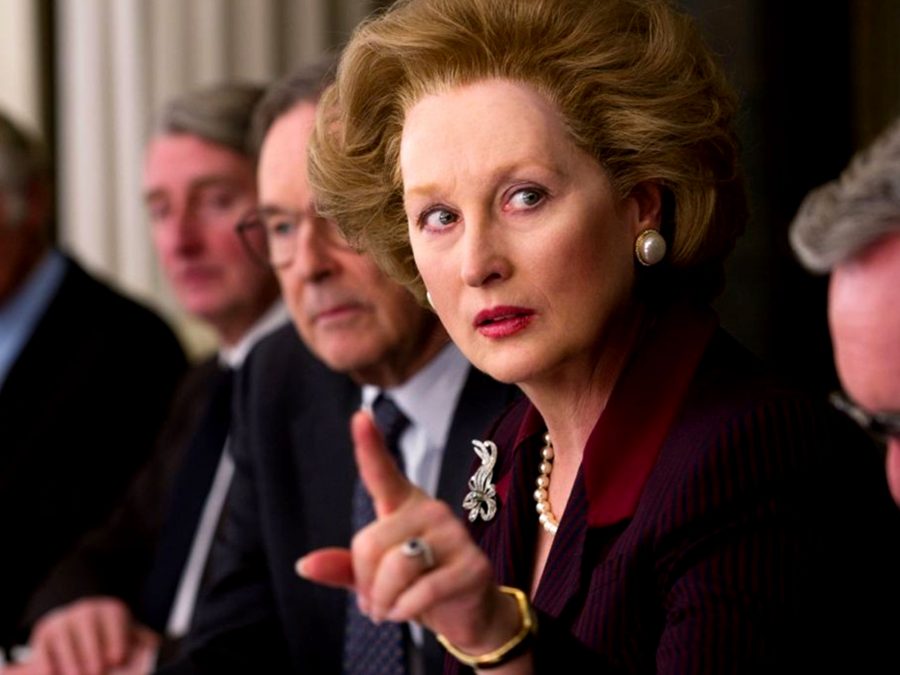
This disappointingly apolitical biopic of one of the most fascinating and divisive politicians of the 20th century was castigated upon release. The filmmakers’ decision to focus on Margaret Thatcher’s personality and her male colleagues’ misogyny certainly feels like a copout. Nevertheless, Streep’s performance manages to evoke the immutable, idealistic and out-of-touch beliefs that made Thatcher such an important (and unpopular) figure in British politics. Streep’s late transformation into a 78-year-old Thatcher is truly remarkable – and not just because of the uncanny physical resemblance. She adopts the unerring stiff upper lip for which Thatcher was renowned while effectively conveying the confused mental state of the declining yet still strong-willed ex-Prime Minister.
As Thatcher becomes lost in visions of her recently deceased husband, Denis (Jim Broadbent), Streep strikes an impeccable balance between the uncontrolled mumblings of an elderly woman and the poised dignity of a younger, tenacious one. She runs between the rooms in her house, as best she can, to listen in on the various people who are trying to manage her life for her. Yet even in these light, sympathetic scenes – designed to set up her battle with dementia – Streep presents Thatcher as not entirely likeable. Barely paying attention to those taking care of her, even in her healthier mental state, she maintains an awkward distance between herself and her surroundings; Streep stripping away Thatcher’s weakness to reveal the persistent hardness of her iron heart.
Published 17 Jan 2017
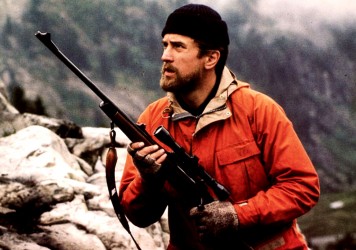
Mao! Mao! Mao! Michael Cimino invites horrific ’Nam flashbacks in his gruelling ’78 opus.

A tribute to some of the most memorable comic turns from women actors, featuring an immortal Meryl Streep.
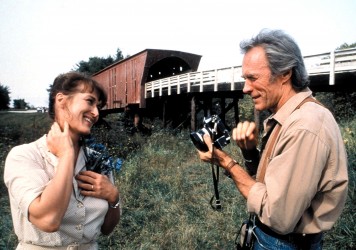
A comprehensive rundown of veteran screen icon’s formidable work behind the lens.